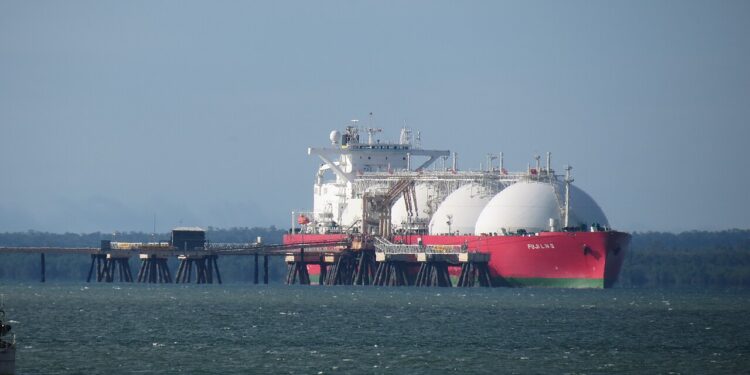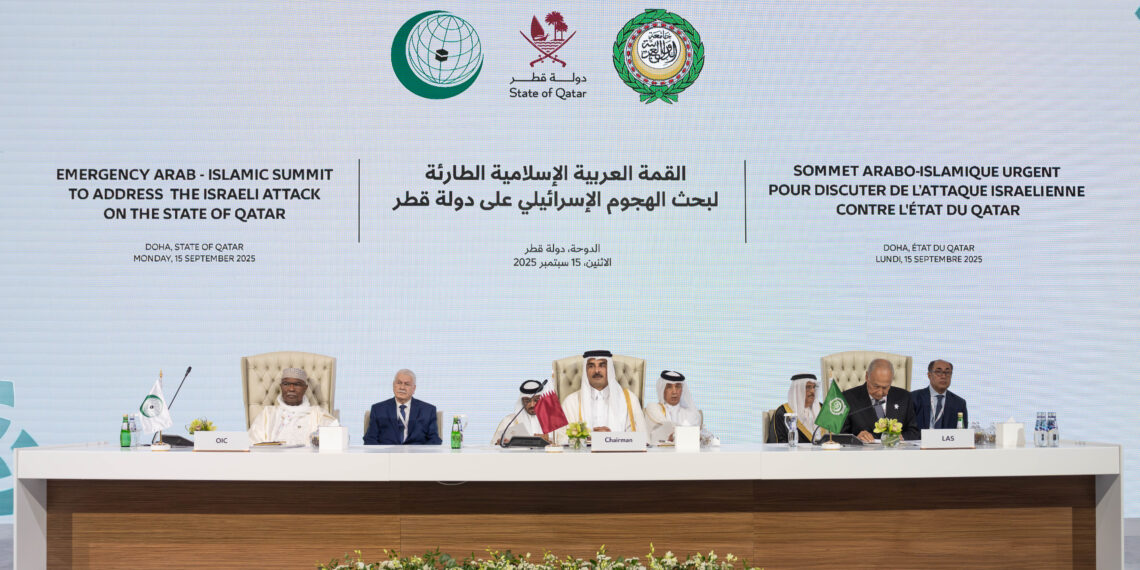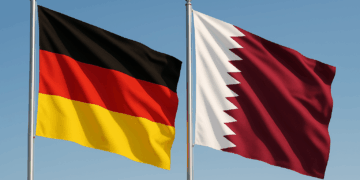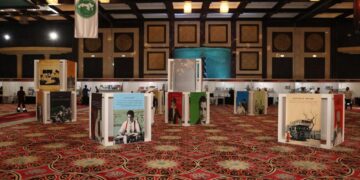Qatar has confirmed that gas production operations in the North Field, which is shared with Iran, continue normally despite recent attacks targeted at the Iranian side of the field, which resulted in a fire and a partial halt in Iranian production.
The North Field—known in Iran as “South Pars”—is one of the largest gas fields in the world, extending between Qatar and Iran in a maritime area opposite the city of Bushehr in southern Iran. This area constitutes a strategic resource for natural gas for both countries, with Qatar heavily reliant on the field’s production to reinforce its position as the third-largest exporter of liquefied natural gas globally, after the United States and Australia.
Recently, Israel carried out an airstrike targeting facilities on the Iranian side of the field, causing a fire in one of the units of Phase Fourteen. The Iranian Ministry of Oil announced that the fire was put out, while the Iranian agency “Tasnim” reported that the incident caused a temporary stop in approximately 12 million cubic meters of gas production daily, until maintenance and re-operation are completed.
Meanwhile, the Spokesperson for Qatar’s Ministry of Foreign Affairs, Majid Al-Ansari, stated during a press conference in Doha that “gas supplies from the North Field are proceeding normally,” adding that his country sees “the targeted, uncalculated actions as a concern for all parties involved in energy supplies.”
Al-Ansari also noted that Qatar is engaging in intensive contacts with regional and international parties to contain the escalation and prevent deterioration of the situation in the region. He warned that continued tensions could have negative repercussions on global energy markets and regional stability overall.
Iran produces approximately 275 billion cubic meters of gas annually, accounting for about 6.5% of global production. However, most of this production is consumed domestically due to international sanctions imposed on Tehran regarding exports.
This development occurs in a complex regional context, heightening concerns about energy security in the Gulf region, especially given the increasing reliance on natural gas as a primary energy source worldwide.







